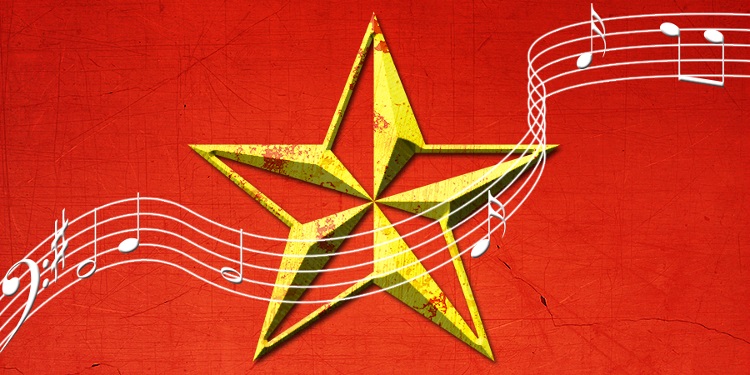Paula Bronstein, award-winning photojournalist, was arrested in Mong Kok, HK, for standing on a car to take a photo. Standing on a car, by HK law, is a greater crime than unsheathing a samurai sword in a theater. So, the new question is: How can HK’s Beijing-appointed government defend its sense of “justice”?
In the neighborhood, Taiwan’s government has the stronger sense of “justice”. Taipei is mulling a change in foreign labor—if a foreign employee is sexually assaulted, perhaps the employee should be allowed out of a work contract. Taipei is still considering the change. Which means that Taipei is considering more than either Beijing or Hong Kong.
With how the western media wants to paint Hong Kong’s government as oppressive—rather than deaf as a puppet—the Foreign Correspondents’ Club at Hong Kong should’t condemn Bronstein’s arrest. Quite opposite they should thank the police not only for helping her become more acclaimed than she already is, but by demonstrating the mismatched priorities of governments operating under the supervision of Beijing. · · · →

